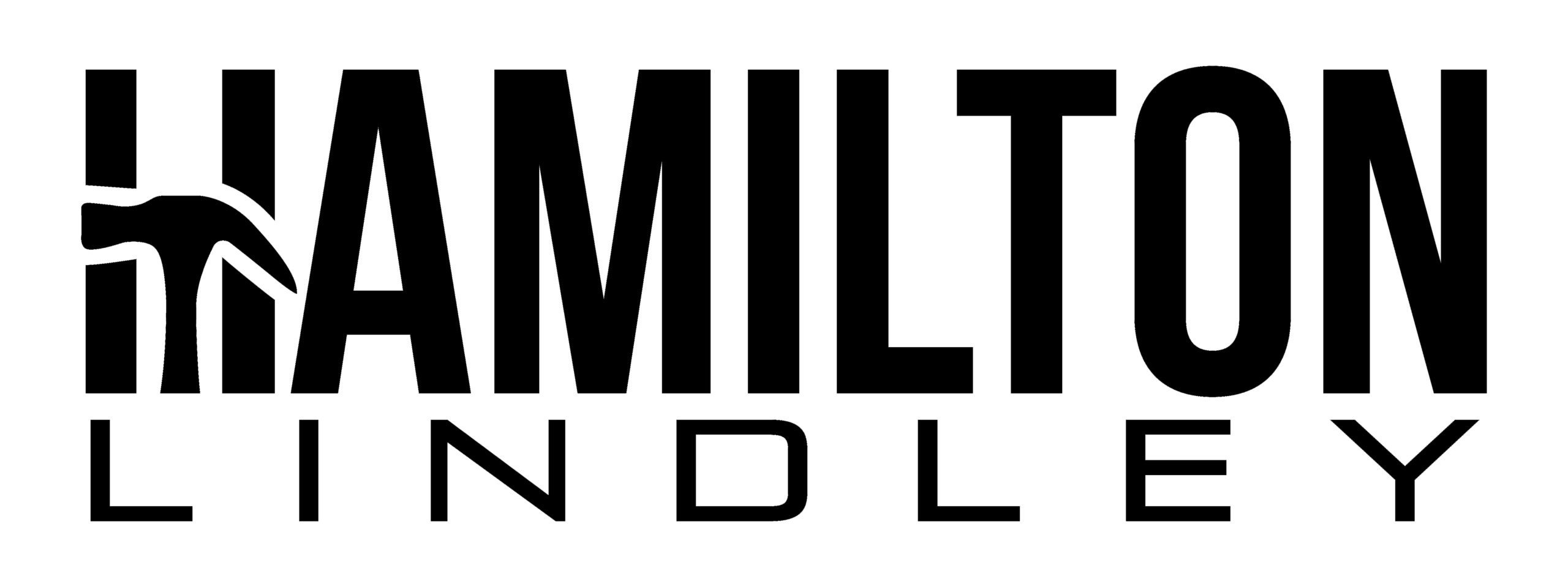Once I was at a fancy party at a Dallas mansion with a lot of important people. I went up to the host to thank him for his hospitality. I smiled, stuck out my hand and the host’s friend said “Qualify yourself. Tell him why he should talk to you.” Instantly my brain broke into two routes. The primary and more powerful voice got to work on the assignment … what are the accolades that I can show to charm and convince this person that I’m deserving of his time. But the other part of me was shocked. A test to say thank you? That was stunning. Thankfully, that part of me won. I said “thank you for hosting” and left.
You’re not alone if your self-worth rises and falls according to what other people think. But you can confront this mindset. When you get asked, “what do you do?” do you feel like that question is going to determine your level of attention and respect?
Maybe you’ve felt the cringe-inducing judgment of witnessing your questioner’s face change when they hear what you do. It’s miserable. You feel like your worth is judged in a flash rather than being understood for all of your complex uniqueness. That defeated feeling can obliterate your ambitions, dreams, and happiness.
Concentrate on your own happiness
You have the power to step away from this situation. Do what makes you happy, not what others expect. Sometimes, feeling like we’re not good enough makes us choose jobs, projects, or friends just to impress others. Ask yourself: are you doing it because you enjoy it or because it looks good on a resume?
Exploring something that means a lot to you can help you feel more at ease with yourself. It lets you see yourself from a different perspective. When you’re doing what you love, you can ignore judgments and expectations.
Acknowledge that you have value
Your worth isn’t determined by what you do. It’s important to set goals and accomplish things, but remember, there’s a certain level of value you always have. Recognizing your basic worth doesn’t mean you’ll become overly proud. It just means you realize that neither your successes nor your failures define who you are.
When meeting new people, go beyond your school or title
We can change how we respond to the inevitable “so what do you do?” question. Instead of the typical labels of “I’m [job title] at [company name],” share something that you cherish about yourself. What is it that you’d like to be known for? Think about the problems that you are uniquely suited to solve. What problems do you solve at work? What makes you especially effective at it? When you frame yourself as a problem solver, your questioner may think, “Hey, I’ve got that problem too!” When you communicate with enthusiasm and emotion, it provokes others to respond in kind. So instead of introducing yourself as “I’m a lawyer who specializes in criminal defense,” you could say, “I think the biggest problem about the justice system is unfair sentencing. As an attorney who focuses on criminal defense, I find solutions through reducing my clients’ months in prison.” That introduction is much more memorable. It tells a story. And people remember stories more than job titles or company names.
Accept with love the successes and failures of your colleagues, friends, and family
Model a new way of being to alleviate that “not-enough” feeling. A person is not a product. We are not just one thing. You should want the people you love to feel like they are enough. By honoring them and confirming that your concern for them is complete, you can produce differences that will ripple into your own sense of well-being. Think about how wholly changed our relationships and world will be if we acted like each person had an inherent value.
Conclusion
When you’re tempted to be mean to yourself remember that all the people you compare yourself to compare themselves to other people too. The people who appear to have it all do not. Until you stop breathing, there is more right with you than wrong with you. Focus on progress, not perfection. Instead of beating yourself up for backsliding, give yourself thanks for making progress. Telling yourself that you’re a failure won’t make you more successful. Telling yourself that you’re worthless won’t make you feel more worthy. You are enough just as you are. Keep telling yourself that when you feel that harsh inner-critic rising to the top.

